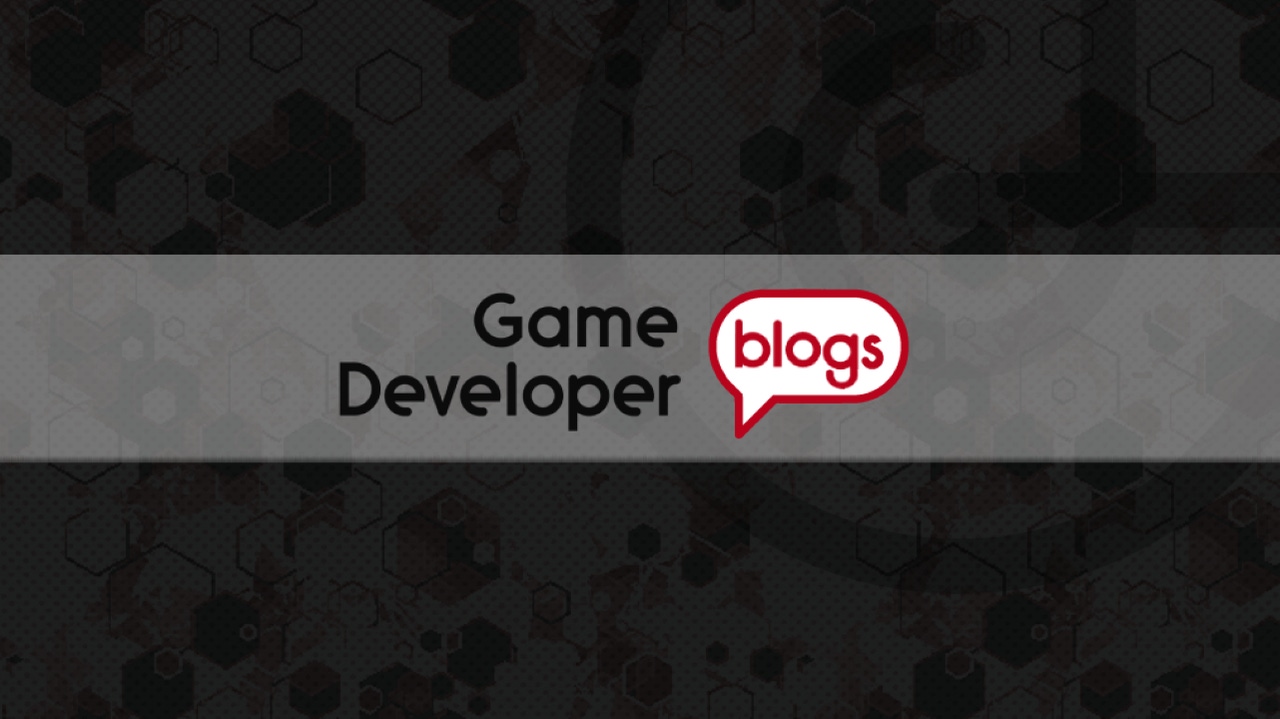Trending
Opinion: How will Project 2025 impact game developers?
The Heritage Foundation's manifesto for the possible next administration could do great harm to many, including large portions of the game development community.
Solo devs, prioritize mental health! Avoid overworking, set boundaries, exercise, and embrace breaks. Balance leads to better creativity and productivity.
September 3, 2024

I know this is a less popular theme, but I feel that some things need to be said about mental health for solo devs, especially because I’ve been struggling with it for some time.
In fact, you should care about your mental health in any industry—it’s a fact. But we know it's fairly common for solo devs to push that aside and crunch through a lot of work.
I know that feeling too. You just want to get that thing done. You feel like you can sit at your desk all day working, but let me tell you, you can’t! I know you can because you're doing it just like me, but you really shouldn’t be doing it.
This may sound weird, but when you only focus on your game and stop caring about everything else, your game will start to suffer. There are two reasons for this. One, your brain is tired; it’s not a 24/7 machine, and you need to give it good breaks and rest. Two, you become narrow-minded, like a horse with blinders, seeing only what's in front of you. This level of workaholism actually takes you away from important aspects of being a game dev, such as observation and inspiration from the world outside your office. Working like this might get things done, but it will drain your creativity.
And I don’t want you to feel bad about that. It's great that you love working on your game—it really is.. But to work better, you need to get outside, get some sunlight, do some exercise, talk to people, observe buildings, go to art/music events… Engage with the world because, in the end, we make games for PEOPLE, and PEOPLE are out there in the world.
I hope this message helps you because I’m writing it after it helped me. I’ve been struggling with mental issues since I was very young, and being a game dev doesn’t make things better, LOL. While working on Battlecry Berserkers, I just wanted to get things done as fast as I could. So I went through a pretty rough time, thinking that working 14-18 hours/day was the way to succeed as a game dev. But that just broke me for several months, and only then did I realize what I should do to work better.
So now, I want to share some tips with you, if you’re in the same place as I was, that I hope will help you with your mental health as a solo dev:
Resilience: Problems can’t break you unless you let them. Don’t waste time suffering from setbacks. Clear your mind, have some fun if you want, and then work things out. Don’t treat problems like the end of the world; treat them as challenges to solve, and don’t let them disturb your peace. Always try to stay positive. Remember, you only have problems with your game because you're lucky enough to be making games, so be grateful!
Exercise: This is well-known but worth mentioning, especially because you’re sitting for hours. Take care of your body. Go out and do some exercise. Do what you like! Go for a walk, hit the gym, swim, take a fighting class—whatever, just do something.
Boundaries: You need to respect yourself, which means having time for things besides work. Schedule your working and resting hours; it doesn’t have to be perfect, but do it. Avoid crunching, as it will drain your energy.Having good boundaries and giving things their time is the best shot in the long term. Remember that game development is a marathon, not a sprint.
“Perfect” is the enemy of “Done”: Don’t waste excessive time polishing little details. I’m not saying to make an ugly game, but as soon as things look good, move forward. You can spend infinite time seeking perfection, but don’t, especially in the early stages. Focus on core mechanics, responsive controls, and the gameplay loop. Even in the end, know when things are good enough and just ship it.
Lateral Thinking: Last but actually the most important, open your eyes! Do you know the myth of Plato’s cave? As long as you close your eyes to the world and don’t expand your point of view, you’ll be stuck inside the cave with just your own perspective. And that’s bad. Lateral thinking is about taking a step back from your dev position and trying to look at your game from others’ perspectives—not as a technician, but as a gamer, for example. This may sound weird and even hard at first, but look more into it and you will get things right. This is a really powerful tool. A great way to start is to have some playtesters and chat with them.
Try to understand why and how they feel about your game, and you’ll develop your ability to see things from different perspectives.
Okay, this has gotten long enough. I really hope this article helps you take care of your mental health (really, do it) and that you have a wonderful journey in the game dev world. See ya!
Read more about:
BlogsYou May Also Like